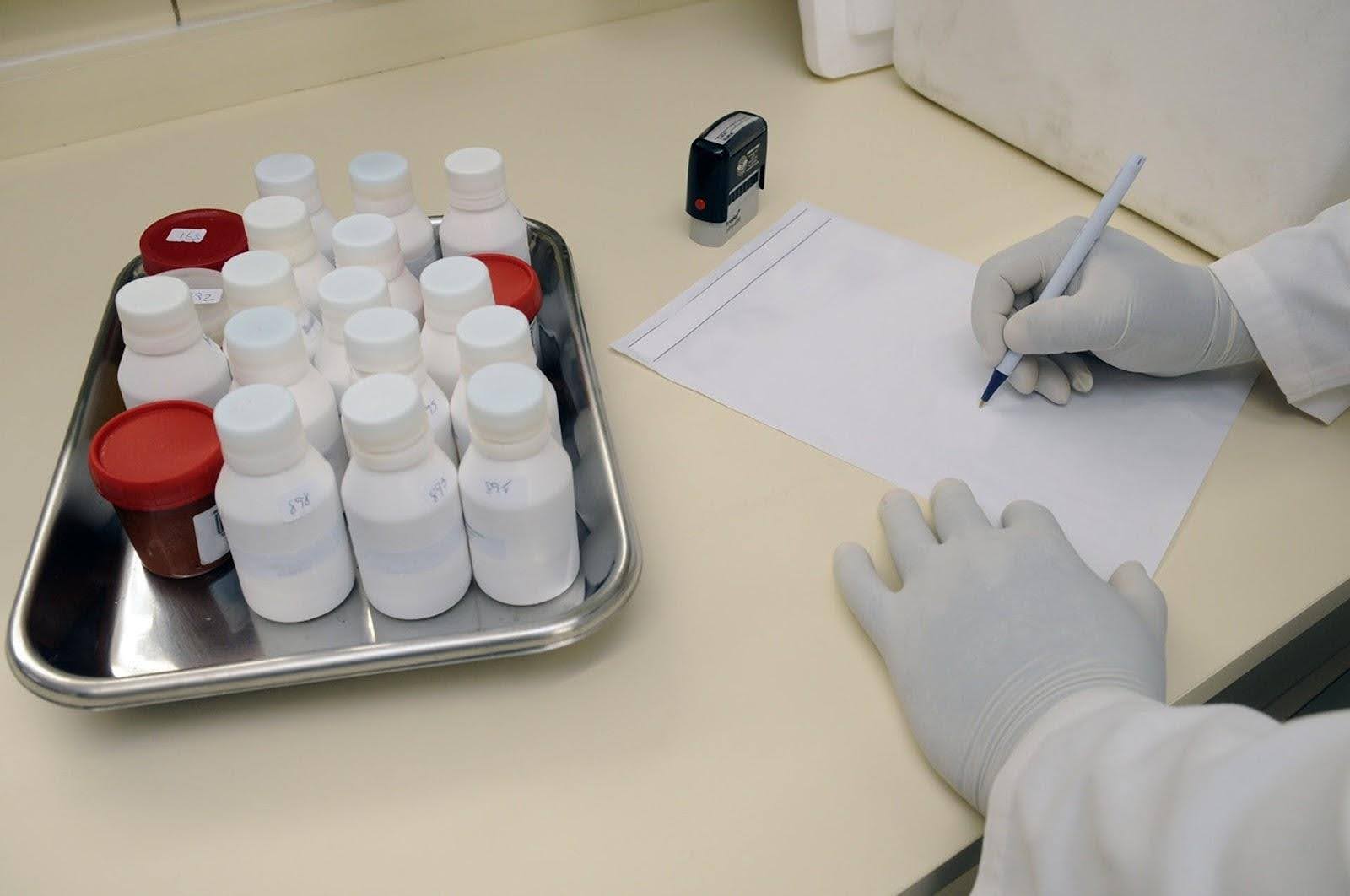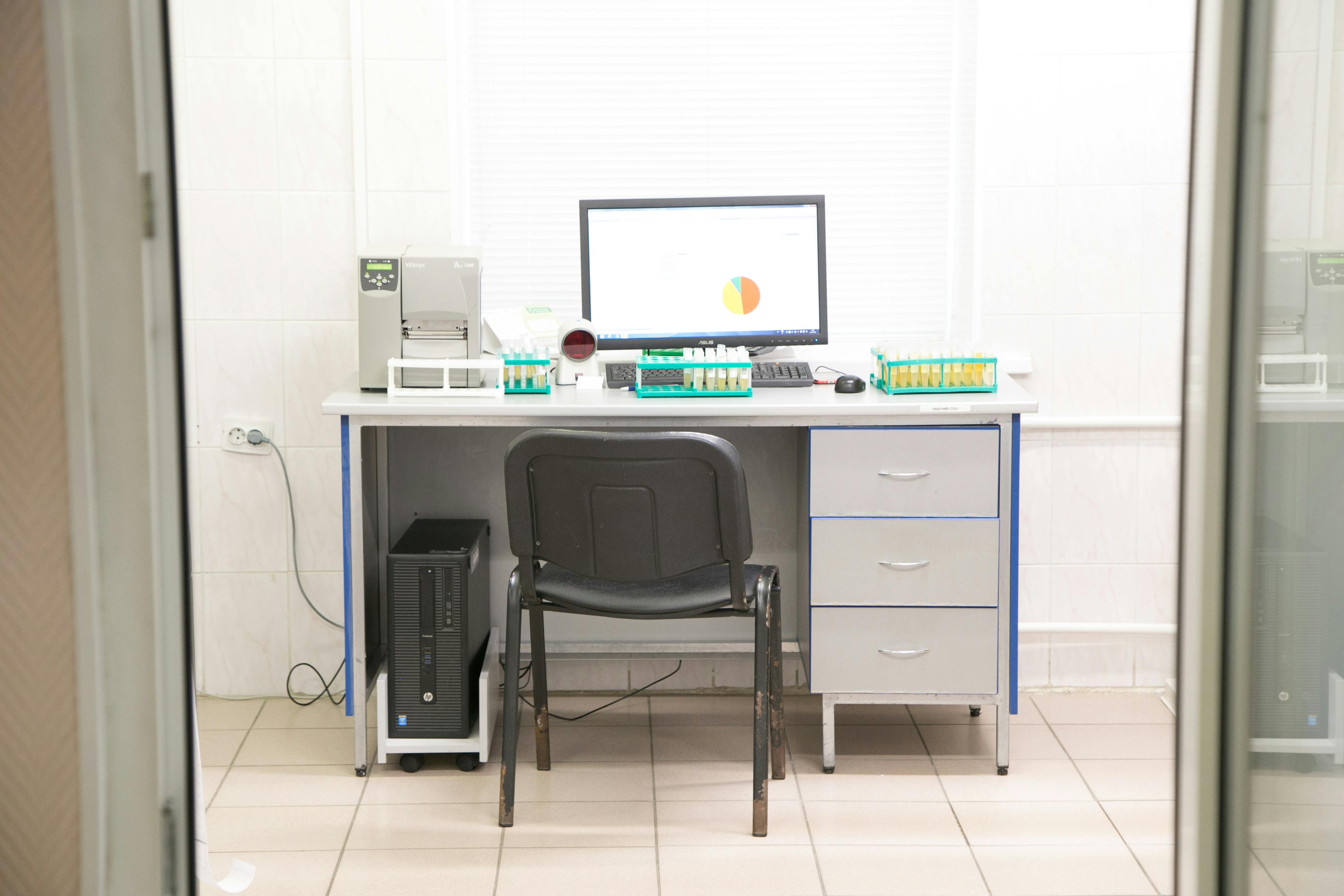The Vital Role of a Clinical Pharmacist in Healthcare: A Comprehensive Overview
13 Jan, 20246 minEverything You Need To Know About Clinical Pharmacists: Duties, Responsibilities, And Career...

Everything You Need To Know About Clinical Pharmacists: Duties, Responsibilities, And Career Tips
In the world of healthcare, think of clinical pharmacists as the quiet superheroes. These healthcare professionals contribute to the optimization of medication therapy, patient education, and overall healthcare outcomes.
Let's dive in, understand what they do in detail, and discover why hospitals can't do without them.
What Is A Clinical Pharmacist?
A clinical pharmacist does more than just hand out pills, they ensure that medications are used safely and effectively. From checking prescriptions to working closely with healthcare teams, clinical pharmacists make sure medications work well and contribute to the overall progress of patient health.
These experts work in various healthcare settings including pharmacies and hospitals. Think of a clinical pharmacist as a go-to information hub for both patients and other healthcare professionals.
What Are The Responsibilities of a Clinical Pharmacist?
Here’s a closer look at the roles and responsibilities of a clinical pharmacist:
Advising other healthcare professionals:
Collaborating within a multidisciplinary team to provide patient services.
Offering guidance on appropriate medication, dosages, and administration.
Direct patient engagement:
Having the authority to prescribe medications.
Providing personalized, face-to-face medication advice.
Educating patients on lifestyle changes for chronic conditions like high blood pressure, asthma, and arthritis.
Conducting health checks such as monitoring blood pressure and scheduling further tests.
Oversee patient progress:
Reviewing patient records to assess health and evaluate conditions.
Ensuring the efficacy and suitability of prescribed medicines.
Observing how different medications work together.
Forming a comprehensive picture of a person’s health to determine ongoing actions.
Contributing to research and development:
Working with healthcare professionals to influence the future of patient care.
Assessing pharmaceutical treatment outcomes.
Participating in studies of clinical trials and performing medical tests.
Supporting new advances in medicine through research and development efforts.
Responsibilities of Clinical Pharmacists in Hospitals
The role of clinical pharmacists has evolved significantly over time. Rather than merely engaging in technical and product-focused tasks, their focus now extends towards meaningful patient interactions, delivering valuable information, and offering services to enhance health outcomes.
This shift is particularly evident in hospitals, where clinical pharmacists have transcended the traditional boundaries of simply dispensing medications. Instead, they have become integral partners in patients' journeys to recovery, actively supporting individuals, making sure the focus is always on the patient's well-being. They also aid in:
1. Providing better health results:
Pharmacists go beyond prescriptions, taking time to understand each patient by discussing their health and observing key indicators. They explore safe and effective treatment options, collaborating with both the patient and healthcare team to create personalized plans with specific goals and activities for maintaining health.
Pharmacists educate on chronic diseases, provide ongoing care prescriptions, and may even introduce new treatments. They may also incorporate immunizations and lifestyle programs or offer tools like compliance packs and medication reminders for patient convenience.
2. Guiding patients on safer medication use:
Pharmacists closely monitor how patients take their prescribed medications and observe how their bodies respond. This regular check allows for the early detection of any potential issues, ensuring that patients use their medications safely and effectively.
Deciphering the Distinctions: Hospital vs. Clinical Pharmacy
In hospitals, it's common for people to confuse the roles of hospital pharmacists and clinical pharmacists. Let's clear the confusion by understanding the difference between them.
Hospital pharmacists work inside hospitals, mainly handling the safe distribution of medications. They collaborate with healthcare teams to ensure patients get the right medicines and dosages, but their focus is often on the operational side of things. On the other hand, clinical pharmacists have a broader role that includes hospitals but extends to other healthcare settings. They're directly involved in patient care, assessing individuals, managing medication plans, and ensuring safe and effective treatment.
Unlike hospital pharmacists, clinical pharmacists actively engage in educating patients, monitoring treatment results, and contributing to decisions about which medications to use. In short, hospital pharmacists handle the logistics of medication in hospitals, while clinical pharmacists, working in various healthcare settings, are more hands-on with patient care and treatment optimization.
The Dynamic Role of a Clinical Pharmacist in Healthcare
In healthcare, a clinical pharmacist does more than just give out medicines- they're like versatile problem-solvers. What makes them dynamic is their ability to adapt and stay updated on the latest in healthcare. They're not just about medicines, clinical pharmacists also stand up for patients, making sure their needs are heard, and aim for the best possible outcomes. Their role is like a continuous journey of learning and making healthcare better for everyone.
Quad Recruitment USA - Your growth partner
If you're a clinical pharmacist searching for the ideal job, it's crucial to pinpoint opportunities that align with your skills, career objectives, and lifestyle. Quad Recruitment is committed to not only securing you a position but also ensuring it perfectly matches your professional expertise, meets your career aspirations, and suits your preferred lifestyle.
With us, your job search isn't just about fitting into any role, it's about finding the right one made just for you. Contact us today!




